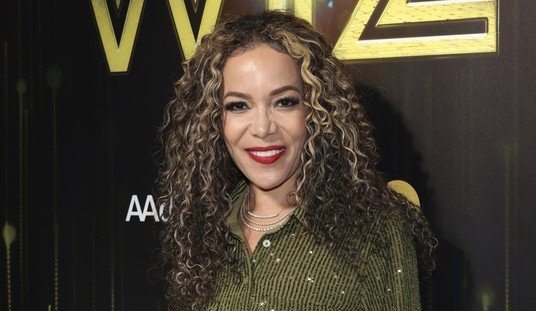Remember the city mouse and the country mouse who exchanged visits?
In the end, the gap between the cousins’ worlds left both comfortable with their own choices and baffled by the other’s.
That’s not so different from how anyone who lives 15 minutes outside of Washington, D.C., feels about those who govern their lives and deliver their news.

“Absolutely,” agrees John King, CNN’s "State of the Union” host and chief national correspondent.
King spends considerable time outside of Washington’s beltway, reporting the news. He says he’s a better reporter because he’s gotten to know the real feelings of people not tied to Washington or New York.
In fact, he uses the people he has met along the way as sources when a new political or policy debate hits the fan.
King said he learned early that Congress’s health-care legislation was generating serious concerns about costs and spending, even among strident supporters of the president and health-care reform.
“If I was a hostage to Washington, I probably would not have received that kind of feedback,” said King, fresh from a visit to Alaska.
There's nothing new in America about the mutual suspicion or incomprehension of city slickers and country bumpkins, says Todd Gitlin, a Columbia University journalism professor and sociologist.
Gitlin points out that you do not have to venture outside urban America to find similar divisions within cities themselves.
“There are millions of people in the New York metropolitan area to whom the New York Times speaks a foreign (and alien) language, who don't feel represented by its tone, who even feel outraged by it, seeing it as relaying an insider conversation and dissing outsiders,” he said.
Recommended
A lethal combination of distrust and apprehension is escalating not only with the media but with the government it covers. Part of the problem is the perception beyond the beltway that the media actually made Barack Obama president.
Evidence of that lies in the outrage voiced in town-hall meetings and tea-party demonstrations during this summer’s congressional recess. The body of coverage was tilted to highlight the small percentage of extreme attendees, and media elites and former president Jimmy Carter labeled as “racists” those who disagreed with the president.
Main Street Americans are baffled by these political elites’ perception of them.
The point must be made that this is not a Democrats-specific problem. Former President Bill Clinton and his original communications team (including George Stephanopoulos, Paul Begala, James Carville) understood Middle America, conservative strategist Jordan Sekulow says.
“Instead of isolating middle-of-the-road Americans, who pay attention to the news but don’t live and die with the politics of the day, they made them insiders,” Sekulow explained.
The Obama administration almost appears to be forgetting blue-collar Americans who have been the Democrats’ political backbone. The administration still caters to labor leaders, but they don’t dictate policy or wield the same power they once did.
If they did, the health-care bill passed by the Senate Finance Committee would be to their liking and the Employee Free-Choice Act – card check – would have been enacted months ago.
“The culture has been cutting-loose (from) elites, or those it perceives as elites, for decades now,” said Columbia’s Gitlin, a 1960s political activist.
CNN’s King sees significant anxiety and fear among the people he visits in diners across the country. “Listening to them,” he explains, not to political talking-points, helps him to speak for Americans when he interviews anyone, from congressmen to the president.
Ironically, the nation’s elites probably are more aware of the resentment against them because the country is tighter-knit than before and there aren't too many hiding places, Gitlin says. Yet they tend to remain clueless as to why anyone would resent them.
The anti-elitists, who know the world isn't going their way, are holding onto their theories for dear life.

























Join the conversation as a VIP Member